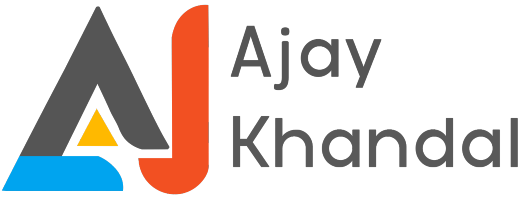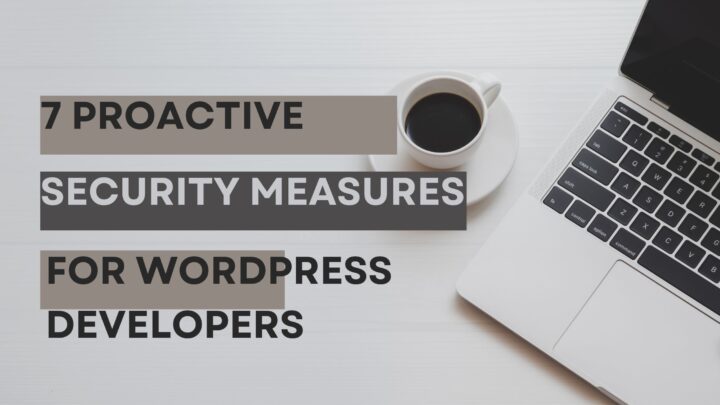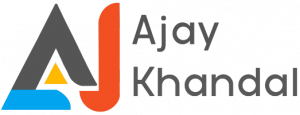Hey WordPress developers! We all know the importance of a secure website. But let’s face it, the standard “use strong passwords” and “keep plugins updated” advice gets old. In today’s ever-evolving threat landscape, we need to go deeper. This guide dives into 7 proactive security measures that go beyond the basics, empowering you to build and maintain truly bulletproof WordPress websites for your clients (or yourself!).
1. Embrace Secure Coding Practices:
Input Validation:
Sanitize all user input (form data, URLs) to prevent SQL injection, cross-site scripting (XSS), and other attacks. Use libraries like wp_kses for sanitization.
Output Encoding:
Encode all data displayed on the website to prevent XSS vulnerabilities. Utilize functions like esc_html and esc_attr.
Regular Expressions with Caution:
While powerful, regular expressions can be error-prone. Test them thoroughly to avoid unintended consequences that could create security holes.
2. Leverage Code Reviews and Static Analysis Tools:
Peer Review Power:
Implement code reviews within your development team. A fresh set of eyes can catch potential security flaws you might have missed.
Static Analysis for the Win:
Utilize static analysis tools like WP-CLI wp security scan or commercial options to identify vulnerabilities in your codebase before deployment.
3. Secure User Roles and Permissions:
Principle of Least Privilege:
Grant users only the minimum permissions necessary for their tasks. Avoid assigning administrator roles unless absolutely essential.
Custom User Roles:
Consider creating custom user roles with specific capabilities to further restrict access.
4. Harden the WordPress Core:
Disable Unnecessary Features:
Functionality like file editing within the dashboard is rarely needed. Disable features that pose a potential security risk.
Limit Login Attempts:
Implement a plugin like Limit Login Attempts Reloaded to restrict the number of login attempts to prevent brute-force attacks.
5. Secure Server Configuration:
Keep Server Software Updated:
Outdated server software can have known vulnerabilities. Ensure timely updates for your operating system, PHP version, and web server software.
Disable Directory Listing:
Disable directory listing on your server to prevent attackers from browsing your website’s directory structure.
Configure File Permissions: Set appropriate file permissions to restrict unauthorized access to sensitive files and folders.
6. Implement Advanced Security Monitoring:
Go Beyond Basic Logging:
Utilize security plugins that offer detailed logging of user activity, login attempts, and potential security events.
Consider Security Information and Event Management (SIEM) Tools for real-time monitoring and threat detection across your entire infrastructure.
7. Stay Updated on Security Trends:
Subscribe to Security Blogs and Resources:
Follow security-focused blogs and resources like the WordPress Security Team blog to stay informed about the latest threats and vulnerabilities.
Attend Security Conferences:
Immerse yourself in the security community. Attend conferences and workshops to learn from leading security experts.
By implementing these proactive security measures, you can significantly enhance the security posture of your WordPress websites. Remember, security is an ongoing process. Stay vigilant, adapt your approach as threats evolve, and build a reputation for delivering secure and dependable WordPress solutions!
Need Help Implementing These Security Measures?
Building secure WordPress websites can be a complex task. If you find yourself needing a helping hand, consider hiring a WordPress developer with a strong understanding of security best practices. Look for developers who stay up-to-date on the latest threats and can implement the measures outlined above.
For a trusted and experienced WordPress development partner, check out Ajay Khandal (https://ajaykhandal.com/blog/)! They offer a variety of services to ensure your WordPress website is secure and functioning at its best.



